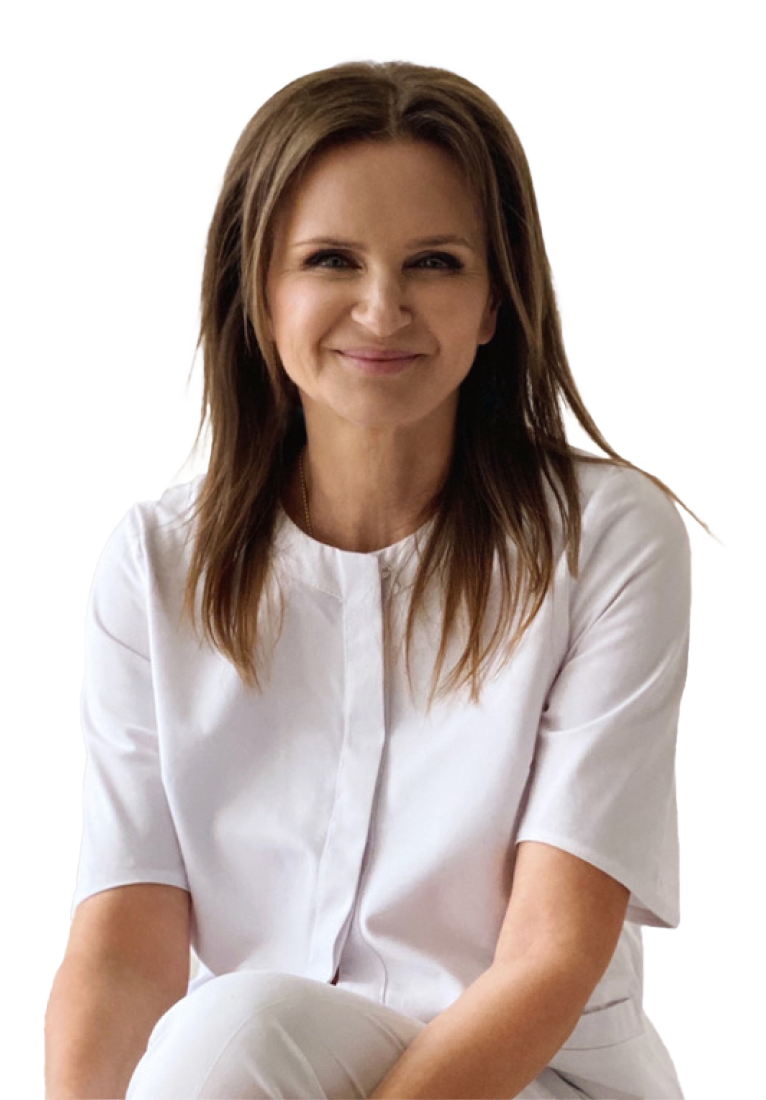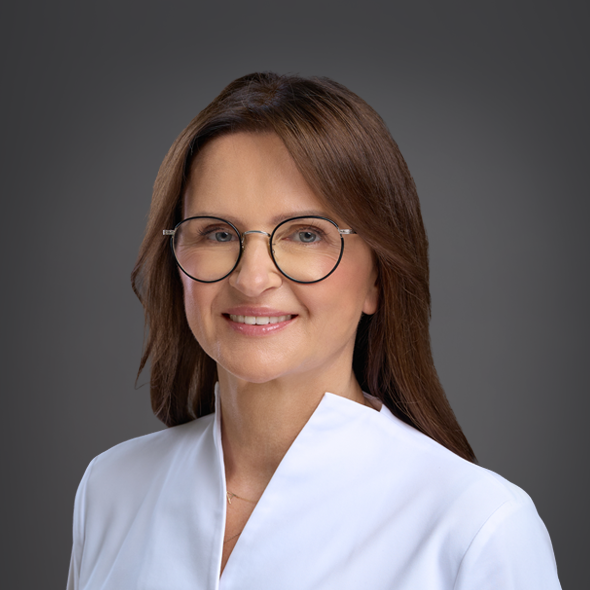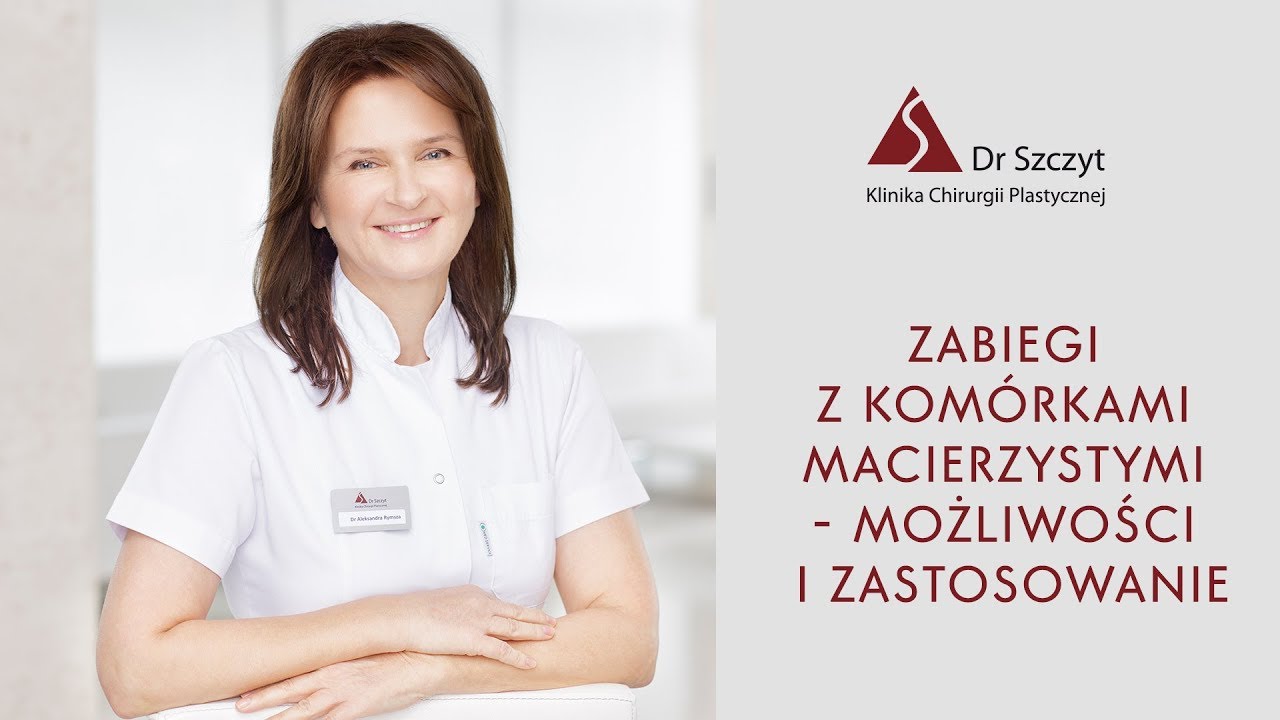
Stem cells in skin rejuvenation
and hair loss treatment
Mesenchymal Stem Cells (MSCs) are cells with unique abilities to self-renew and transform into other cells that make up human tissues, such as nerve, muscle, bone, and blood cells. Mesenchymal stem cells are present in the human body throughout life, but with age, their potential for self-renewal and their number decrease, and their replacement is disrupted. This is why we age.
Stem cells have the ability to recognize damaged tissues and repair them. When administered to a given tissue, they take on its form. If administered to bone tissue, they take the form of bone cells, and if administered to muscle tissue, they take the form of muscle cells.
This is how stem cells participate in tissue regeneration. Depending on the signal they receive, they can rebuild blood vessels, regenerate scars and damaged nerves, contribute to wound healing, and inhibit inflammatory and immune responses. As we age, the cells in our tissues become damaged. This also happens when we suffer injuries or become ill. In such situations, our own stem cells are activated to replace dead cells and rebuild damaged tissues.
Many sources from which mesenchymal stem cells can be isolated have been discovered. They are found, among others, in the skin, muscle tissue, adipose tissue, and blood. The most commonly used sources for their extraction are adipose tissue and blood. Stem cells are already used as standard treatment for over 70 conditions, including cancer, hematological disorders, and regenerative medicine. They are used to treat both children and adults. About a month after the procedure, we can observe a reduction in fine wrinkles, smoothing and evening out of skin tone, as well as an improvement in skin density, tension and elasticity.
The procedure involves taking blood or adipose tissue from the patient, from which, after special preparation, mesenchymal stem cells (PBSC - Peripheral Blood Stem Cells or ADSC - Adipose-Derived Stem Cells) are obtained. They are administered topically, by intradermal injection, to the area that needs regeneration. Since the material is derived from the patient's own body, it cannot cause irritation or allergic reactions in those using them.
Important information
Duration of treatment
PBSC - about 4 hours (first blood is drawn, which, after special preparation, is injected into the patient's skin by intradermal injections 4 hours after blood drawing) ADSC - 90 - 120 minutes (first fat tissue and blood are drawn, which, after special preparation, are injected into the patient's skin by intradermal injections)
Required tests
ADSC - blood group, blood count, coagulation indices (APTT and INR), creatinine, glucose level, ASPAT, ALAT, BILIRUBIN
Anesthesia
local
Stay at the clinic
discharge immediately after the procedure
Recovery
-
Removal of sutures
-
Changing dressings
-
Who performs the procedure
Dr. Aleksandra Rymsza
Contraindications
PBSC - pregnancy, active herpes, purulent skin lesions, systemic infection ADSC - vascular disorders, systemic infection, coagulation disorders, uncontrolled diabetes, purulent infection of the skin and mucous membranes, pregnancy
Price list
Type of treatment
Price from
Price to
Stem cells - Eye area
3 500 PLN
-
Stem cells - Other areas of the body
7 000 PLN
12 000 PLN

Dr. Aleksandra Rymsza, M.D.
Specialist in aesthetic medicine / Specialist in dermatology



















